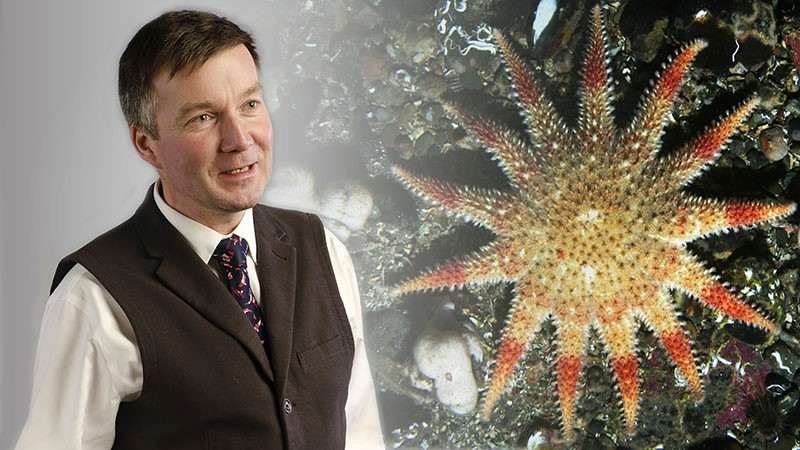Fishing sustainably

Our research has enabled Government institutions and the global seafood industry to adopt 'best-practice' to reduce the environmental footprint on the ocean floor of the world's most important wild capture fisheries.
More than 1 billion people depend on fish as their main source of food or protein, much of which is provided by the 80 million tonnes landed by wild capture fisheries every year. Of this fish, 25 million tonnes is caught using bottom trawls. However, trawling, like many fishing practices, has other environmental effects on marine life, particularly the seabed that provides fish habitat and a source of food for the fish.
Professor Michel Kaiser is in international leader in the evaluation of sustainable fishing practices. His research is used globally to inform the assessment of the sustainability of different fisheries, many of which carry ecolabels on their seafood products. His research enables the effectiveness of management tools designed to reduce environmental impacts, for example marine protected areas, to be evaluated in an objective and evidence-based manner. His expertise in sustainable fisheries influences policy at an international level through his membership of the International Union for the Conservation of Nature's Fisheries Expert Group.
His research group work closely with the fishing industry, NGOs, Government science providers and policy makers to improve our understanding of data-poor fisheries. His science has informed changes to national fisheries legislation for conservation measures, such as increases in minimum landing sizes, and his science has led to the use of the first UK stock assessment to guide the setting of quotas for scallop fisheries.
Real-world impact
Scallop fisheries are particularly problematic because of their impact on the seabed. In a project working with the Isle of Man Government for over ten years, his team demonstrated that changing the management system to a territorial-use rights system, empowered fishers to operate in a more environmentally friendly manner. This approach turned scallop fishing into a food production system that was more environmentally friendly than beef, pig and egg production.
Key information
Michel Kaiser
- Professor
- m.kaiser@hw.ac.uk